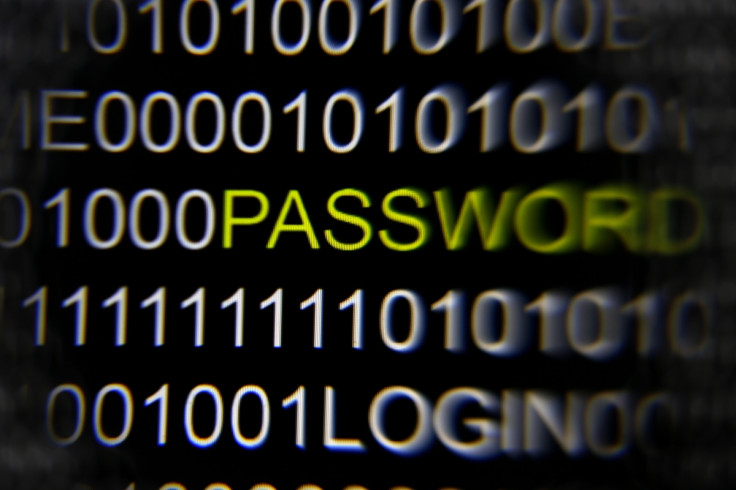Snowden files reveal NSA had 'major problems' tracking Tor dark web users and cracking encryption

Although it's now well known that US spy agency NSA and its British cousin GCHQ were able to monitor, collect, and analyse our digital communications, a new report reveals which encrypted programmes gave the spy agencies a headache.
Documents leaked by former NSA contractor-turned-whistleblower Edward Snowden reveal that, despite its vast abilities to hack into online communications, as of 2012 the NSA struggled to decipher emails and chat logs encrypted with certain tools.
The documents described how the NSA had "major problems" following users across the Tor network, as used to access websites on the dark web, like now-shuttered narcotics retailer Silk Road. But that isn't to say that using Tor is completely safe, as malware installed on your computer can still track what you're doing, and police have made arrests with the help of social engineering undertaken by officers using Tor.
Dark web explained
The dark web is a section of the internet that is not indexed by search engines such as Google, and not easily navigated to using a standard web browser.
Accessing the dark web requires specialised knowledge and software tools. An example of this is content only accessible by using the Tor software and anonymity network, which while protecting privacy, is often associated with illicit activities.
Messages sent through encrypted email providers like Zoho were also outside of the NSA's grasp, as were files encrypted by open-source disk-encryption programme TrueCrypt, while PGP encryption tools also made the NSA's life difficult.
The documents were published by German publication Der Spiegel, and were presented on stage at the annual Chaos Computer Club Conference in Hamburg, where researcher Jacob Appelbaum was joined by Laura Poitras, the film maker who was among the first people to interview Snowden and produced the film Citizenfour.
But the documents also revealed what the NSA was capable of before the revelations of widespread spying were brought to light by Snowden. Following a file across the web was marked as "trivial" while decrypting emails sent through Russian service Mail.ru was "moderate".
VPNs (virtual private networks) were also easy pickings for US spies, with documents showing how the NSA planned the capacity to tap 20,000 VPS connections per hour. The HTTPS standard, which provides a secure connection between browsers and websites, also became a victim of the NSA, as by late 2012 the agency expected to be able to intercept 10 million connections daily.
© Copyright IBTimes 2025. All rights reserved.






















